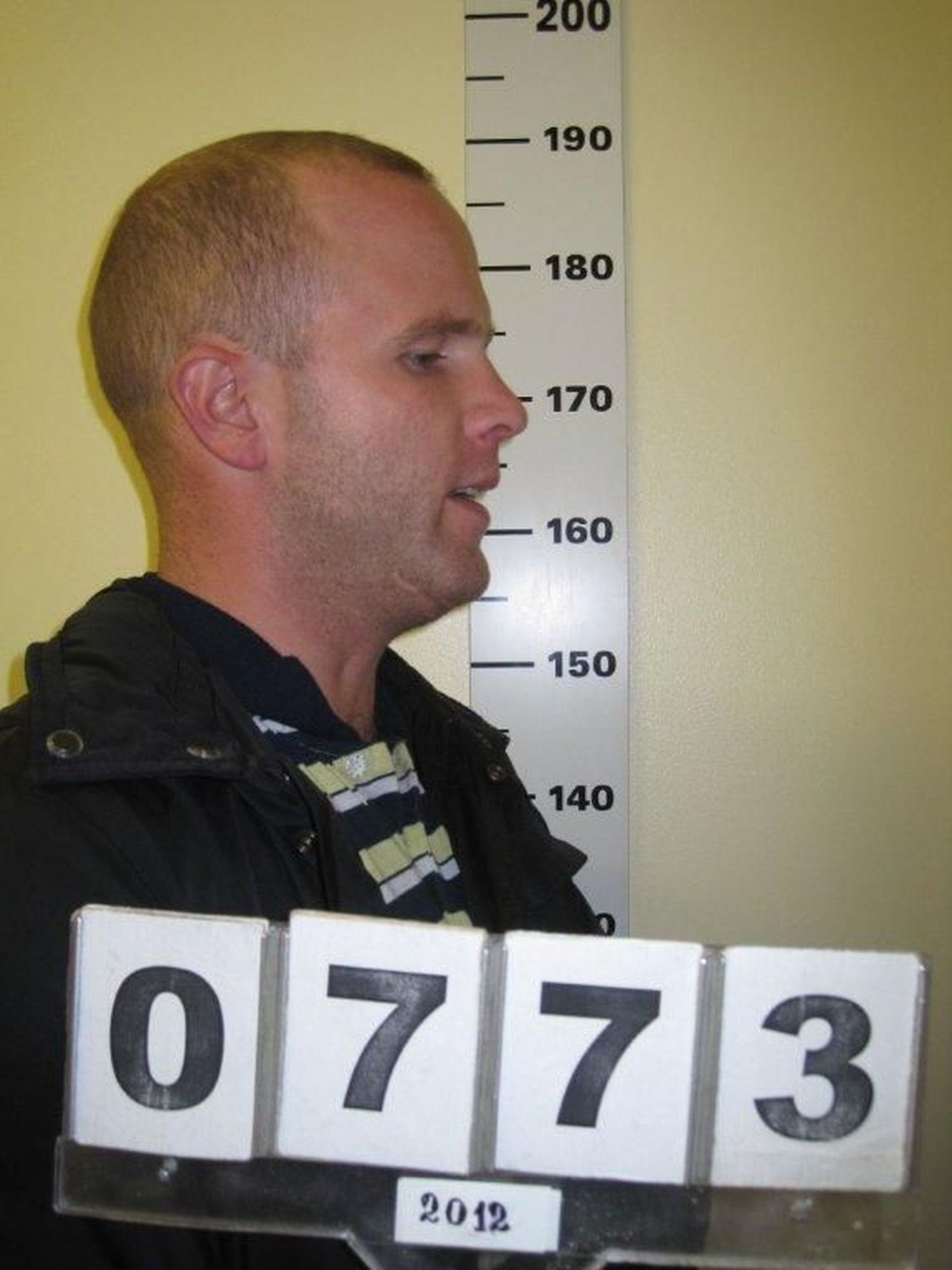
Dark dealings in Ida-Viru County blueberry business help pick apart €1m VAT fraud in Viva.

Dark dealings in Ida-Viru County blueberry business help pick apart €1m VAT fraud in Viva.
After a month of eavesdropping the phone calls by a youthful businessman Ilja Monogarov (29) the Tax and Customs Board people saw it all: the well-known electronics business Viva was involved in organised VAT fraud. Money gotten from the state for no basis was mainly used to create an edge for his family firm before competitors.
Digging in three years of company bookkeeping unearthed a €1.18m cheated from state as VAT. Of that, a third i.e. €350,000 was left «hanging» as the fraud was discovered.
At the moment, Tax and Customs Board is demining the money back for the state via administrative court. As chief of the scheme, AS Leventa sales manager Mr Monogarov was in August sentenced a conditional jail term of 2.5 years in criminal court.
The traditional background
It worked as follows. In the fall of 2011, the taxman was alerted by activity of Andres Sokmann (31), with earlier misdemeanour record, in the Ida-Virumaa blueberry business. At a closer look, turned out the man was helping financial affairs of the Monogarov family business which once gained fame in Estonia as Viva Elektroonika.
Now, Viva is only operating as a web store, as a rule offering process five-six percent under domestic competitors. Realising that the cheapness may be due to criminal offence, a criminal proceeding was launched in October 2011.
The Tax and Customs Board zeroed in on doings of those involved. What surfaced was the usual tax fraud situation: Mr Monogarov was issuing orders to Mr Sokmann who in turn commanded Jaak Tammeka (33). They exchanged info to compile false invoices and discussed the moving of money.
The fraud scheme went like this: Mr Monogarov got electronics from Latvia, Finland, Poland and other European nations and, via Estonia, sold bulk of these back abroad. Though in reality Mr Monogarov purchased the goods directly from abroad, on false bills Estonian shadow company ST Electronics was featured as intermediary of whom AS Leventa «bought» the goods. This link allowed Mr Monogarov to ask 20 percent of VAT back from the state.
To cover the traces, Mr Monogarov created a Gmail account 1337company and used the Skype account of brother Deniss Monogarov (34, in past jailed for murder). In compiling the false bills, Mr Sokmann helped him out, by establishing a shell company ST Electronics as the buffer. To head the latter, they appointed Mr Tammeka, a known traffic offender.
All in all, they presented false invoices for €7.1m of which the VAT asked back from the state was a fifth. Of the money, most was used to sell goods cheaper than competitors both in Estonia and to abroad. A smaller amount was withdrawn as cash.
Evidence accumulated revealed the things did not always go smooth. Mr Monogarov got agitated when the promised false invoices were late and for such mess Mr Sokmann was often scolded by «employer».
Doing the «business», Mr Sokmann happened to travel to Riga where he was festinated by the traffic featuring an abundance of cars Porsche Cayenne, Range Rover, BMW X5 and BMW X6. Punished in past for car-related fraud, Mr Sokmann got envious as revealed in telephone calls – unsuspecting that taxman was eavesdropping.
Straw man from abroad
Gradually, the investigation ballooned into a large criminal case and turned international involving cooperation with investigative bodies of Latvia, France, Germany, Finland, Poland, the USA and Czech Republic. Lion’s share of the internationality was regarding Latvia where dozens of witnesses were interrogated and searches executed.
As the fraud was discovered, a Russian citizen dwelling in was registered as board member for the shadow company ST Electronics used in Mr Monogarov’s scheme, the traditional straw man. By hiring people like that, fraudsters are attempting to make work harder for Estonian investigators.
Tax and Customs Board disclosed its investigation in June 2012 as Mr Monogarov was arrested for two days. Without earlier punishments, the man initially denied it all but changed his mind seeing the evidence accumulated. By now, he and Mr Tammeka have been criminally convicted. Regarding Mr Sokmann, hiding from criminal investigation, the proceedings continue.